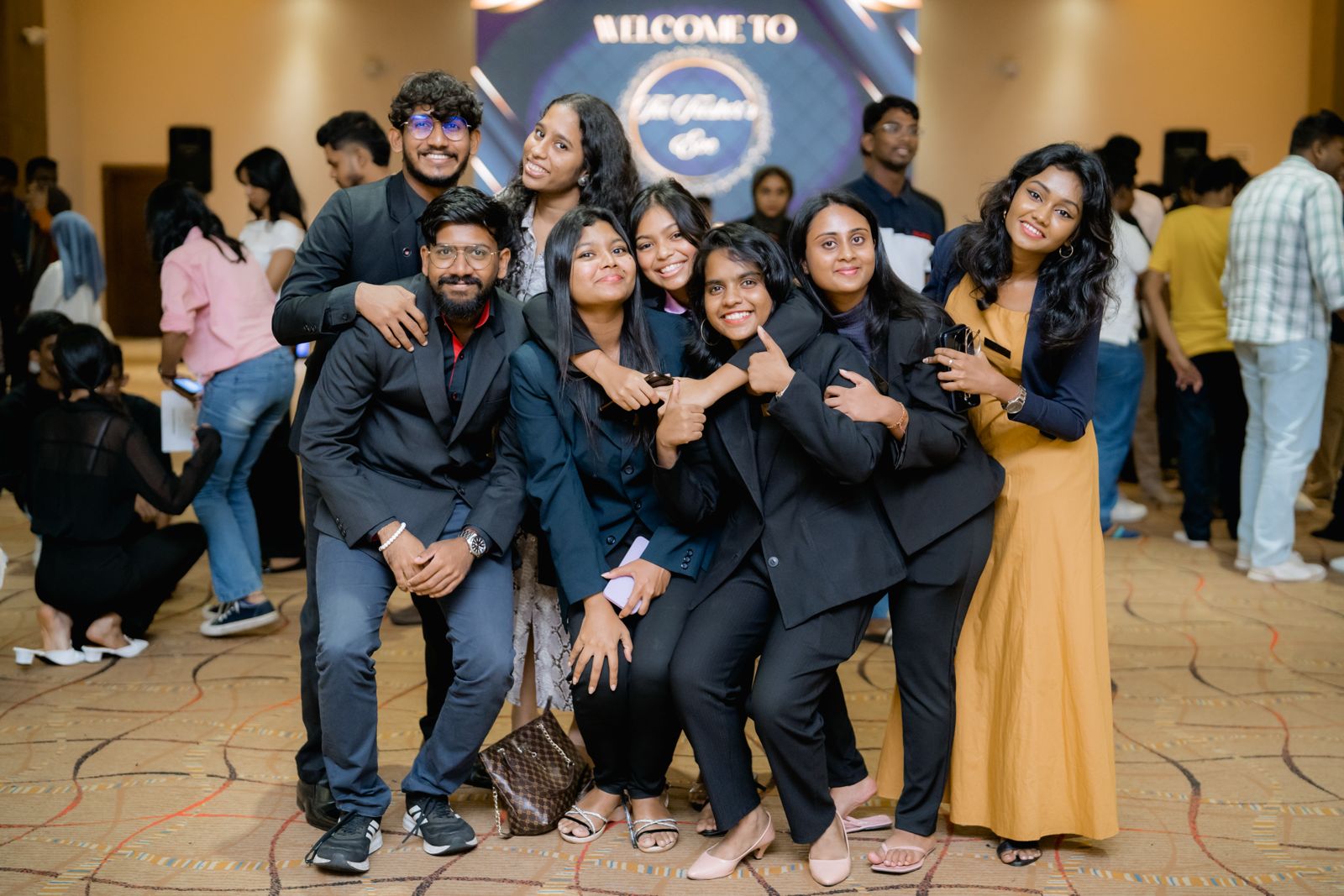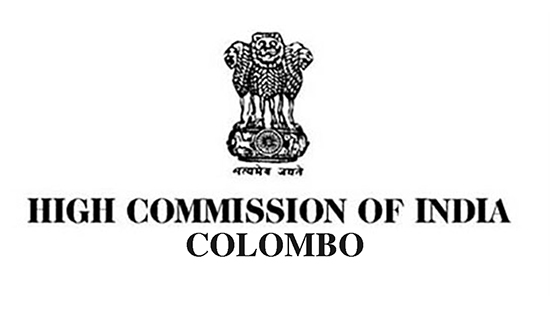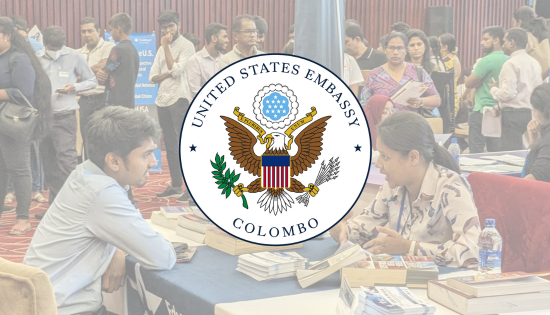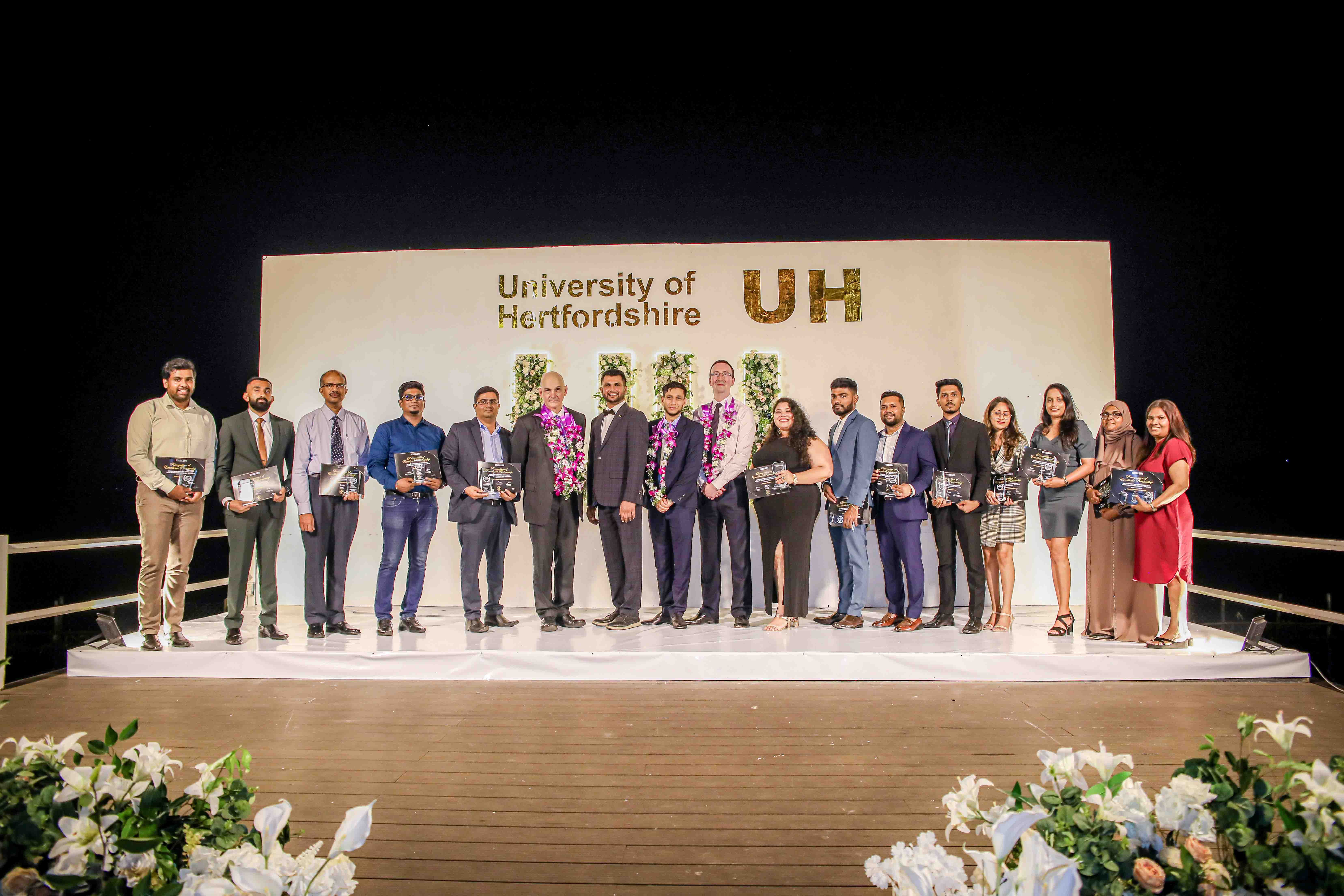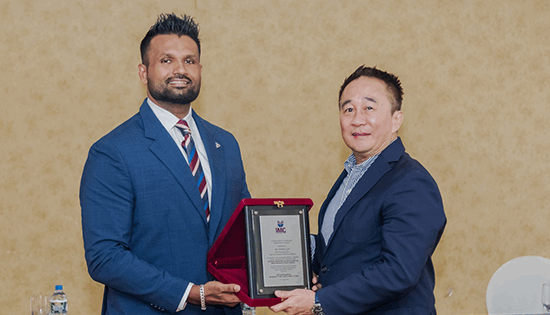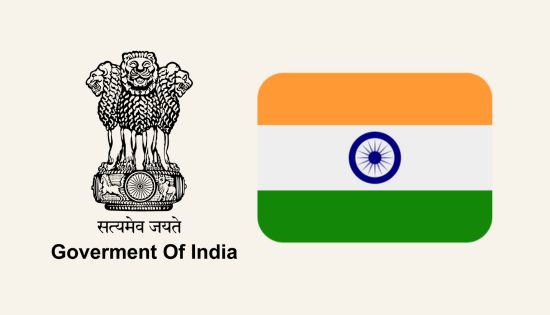Taking Action against Ocean Pollution: Solutions for a Cleaner Future
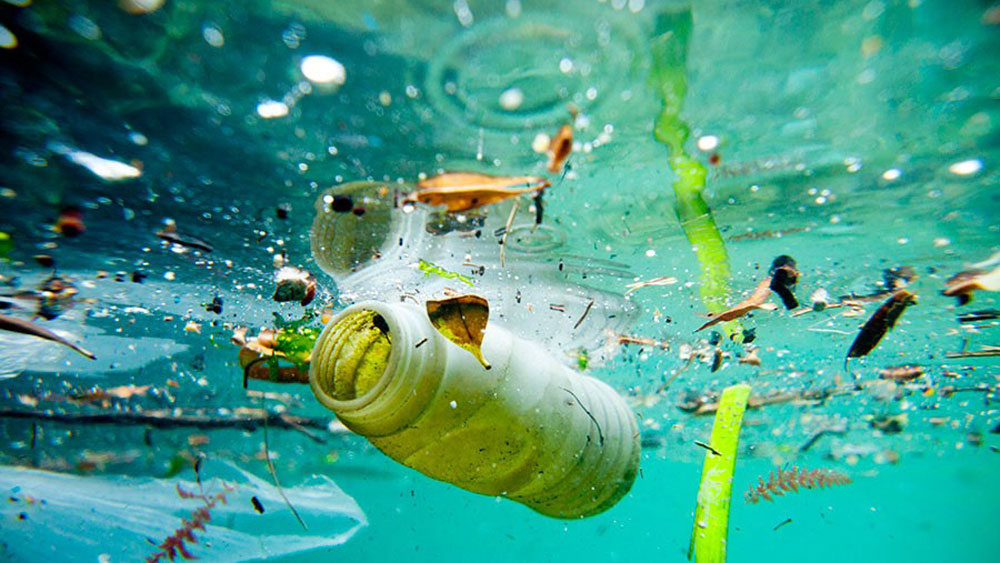
The crisis of ocean pollution demands urgent action from individuals, communities, and governments worldwide. While the problem may seem overwhelming, there are tangible steps that each of us can take to combat this menace and protect the health of our oceans for future generations.
Reduce Single-Use Plastics: One of the most effective ways to tackle ocean pollution is by reducing our consumption of single-use plastics.
This includes items such as plastic bags, bottles, straws, and utensils, which often end up in our oceans. By opting for reusable alternatives and minimizing plastic packaging, individuals can significantly reduce their plastic footprint and prevent unnecessary waste from entering marine environments.
Participate in Beach Cleanups: Getting involved in local beach cleanup efforts is another impactful way to combat ocean pollution. Organized cleanups allow individuals to directly remove trash and debris from beaches and coastal areas, preventing it from washing into the ocean and harming marine life. Joining or organizing cleanup events in your community can make a meaningful difference in preserving coastal ecosystems and habitats.
Proper Waste Disposal: Ensuring proper waste disposal practices is crucial for preventing pollution from entering waterways and ultimately reaching the ocean. This includes recycling materials whenever possible, disposing of trash in designated bins, and avoiding littering in natural environments. By responsibly managing our waste, we can reduce the risk of marine pollution and protect marine ecosystems from harm.
Support Sustainable Fisheries: Unsustainable fishing practices contribute to ocean pollution and the depletion of marine resources. By choosing sustainably sourced seafood products and supporting fisheries that prioritize environmental conservation, consumers can help reduce the negative impacts of fishing on marine ecosystems. Additionally, advocating for stronger regulations and policies to promote sustainable fishing practices can drive positive change within the industry.
Raise Awareness: Education and awareness are essential tools for combating ocean pollution. Individuals can help raise awareness about the issue by sharing information with friends, family, and communities, discussing the importance of ocean conservation, and highlighting the consequences of pollution on marine life and ecosystems. By fostering a culture of environmental stewardship and encouraging others to take action, we can inspire collective efforts to address ocean pollution effectively.
Advocate for Policy Change: Advocating for stronger environmental policies and regulations is critical for addressing the root causes of ocean pollution. This includes supporting initiatives such as plastic bans, pollution prevention measures, and sustainable waste management practices at the local, national, and international levels. By engaging with policymakers, signing petitions, and participating in advocacy campaigns, individuals can help drive policy change and promote a more sustainable approach to ocean conservation.
Invest in Innovation: Supporting innovative solutions and technologies aimed at addressing ocean pollution can play a significant role in tackling the problem. From ocean cleanup devices to biodegradable materials, there are a variety of innovative approaches being developed to remove existing pollution and prevent further contamination of marine environments. By investing in and promoting these technologies, individuals can contribute to the advancement of sustainable solutions for ocean conservation.
Addressing ocean pollution requires collective action and commitment from individuals, communities, and governments worldwide. By adopting sustainable practices, participating in cleanup efforts, raising awareness, advocating for policy change, and supporting innovation, we can work together to safeguard the health and vitality of our oceans for current and future generations. Together, we can make a positive impact and create a cleaner, healthier environment for all.
Related News
QIU Malaysia Highlights MBBS Opportunities at Pre-Departure Briefing in Sri Lanka
IMC Education Celebrated for Highest Student Recruitment Quest International University (QIU), Malaysia has now become one of the most demanded universities in…
Read MoreSchool holidays for Election : New announcement
All schools across Sri Lanka will be closed on 05 and 06 May in view of the upcoming 2025 Local Government Elections.…
Read MoreEmotional Intelligence Meets GenAI: Reimagining the Future of Education
The rapid integration of Generative AI (GenAI) into classrooms has unlocked a world of possibilities. From AI-powered tutors to automated grading and…
Read MoreAYUSH Scholarship Scheme by Government of India
High Commission of India, Colombo is pleased to announce scholarships for Sri Lankan nationals under the AYUSH Scholarship Scheme for courses ranging…
Read MoreCommanding Respect, Not Fear: The Modern Leader’s Approach to Team Management
Influence, vision and the capacity to lead a group of people toward shared objectives are more important components of effective leadership than…
Read MoreCourses
-

IMC – Bachelor of Psychology
IMC Education Overview IMC Campus in partnership with Lincoln University College (LUC) Malaysia offers Bachelor of Psychology Degree right here in Sri… -

ANC – BA (Hons) International Business Management (Top-Up)
ANC Education Overview Designed in partnership with public and private business organizations, this program develops one’s ability to critically evaluate business models… -

IIT – BSc (Hons) Computer Science
IIT Campus Overview BSc (Hons) Computer Science provides a solid foundation and training regarding the fundamentals of the computer science field, along… -

APIIT – BSc (Hons) Cyber Security
APIIT Sri Lanka Overview Our BSc (Hons) Cyber Security award is designed to launch your future career in the protection of software… -

ICBS – BSC (Hons) Business Management with Marketing Management
ICBS Overview The BSc (Hons) Business Management with Marketing program, awarded by Queen Margaret University (QMU), is a highly regarded degree that… -

UTS – Diploma of Science
UTS College Sri Lanka Overview The Diploma of Science is designed to empower you to apply scientific thinking and analysis to important… -

CSA – Master of Architecture and Environmental Design
City School of Architecture Overview The Master of Architecture and Environmental Design Degree at CSA is awarded by the University of the… -

APIIT – BSc (Hons) International Business Management
APIIT Sri Lanka Overview Increasingly businesses are becoming more and more international. This requires business management professionals to have knowledge, skills and… -

IIT – BSc (Hons) Artificial Intelligence And Data Science
IIT Campus Overview The BSc (Hons) Artificial Intelligence and Data Science course is awarded by Robert Gordon University (RGU) in the UK… -

ICBS – International Degree Foundation in Business / IT
ICBS Overview The Scottish Qualification Authority (SQA) is a globally recognized organization dedicated to education and qualification development. SQA is responsible for… -

APIIT – BA (Hons) Finance and Business Enterprise
APIIT Sri Lanka Overview Finance and accounting are no longer just about taxation and the management of financial capital. This award will… -

APIIT – MBA General
APIIT Sri Lanka Overview The MBA is awarded by Staffordshire University, UK. This award is an advanced course of study in management… -

ANC – LLM in International Business & Commercial Law
ANC Education Overview This course is designed for graduates of law, business and finance in a legal or a corporate job role… -

AOD – BA (Hons) Fashion Design and Marketing
Academy of Design Overview The syllabus is from the UK’s Northumbria University, as one of their most revered flagship programmes and is… -

APIIT – MSc. Marketing Management
APIIT Sri Lanka Overview This MSc Marketing Management degree – awarded by Staffordshire University, UK is an advanced course of study in…
Newswire
-

Man killed by lightning strike
ON: April 26, 2025 -

SJB MPs hand over Sajith’s condolence letter at Vatican
ON: April 26, 2025 -
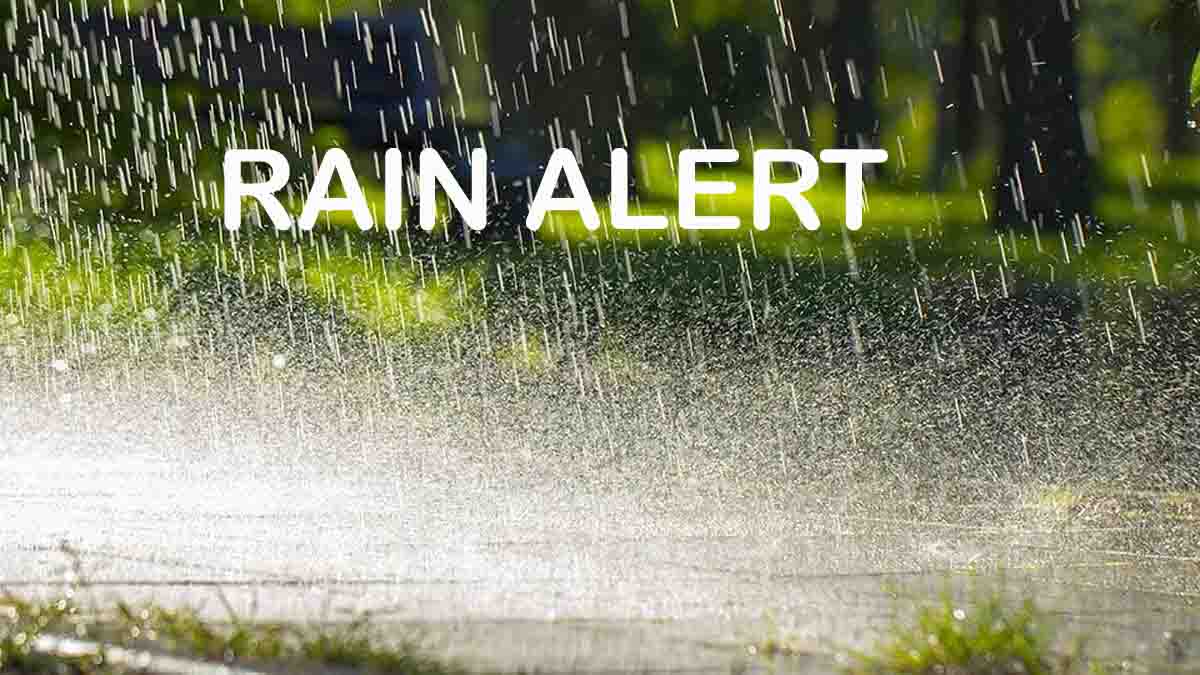
Weather today: Showers or thundershowers
ON: April 26, 2025

